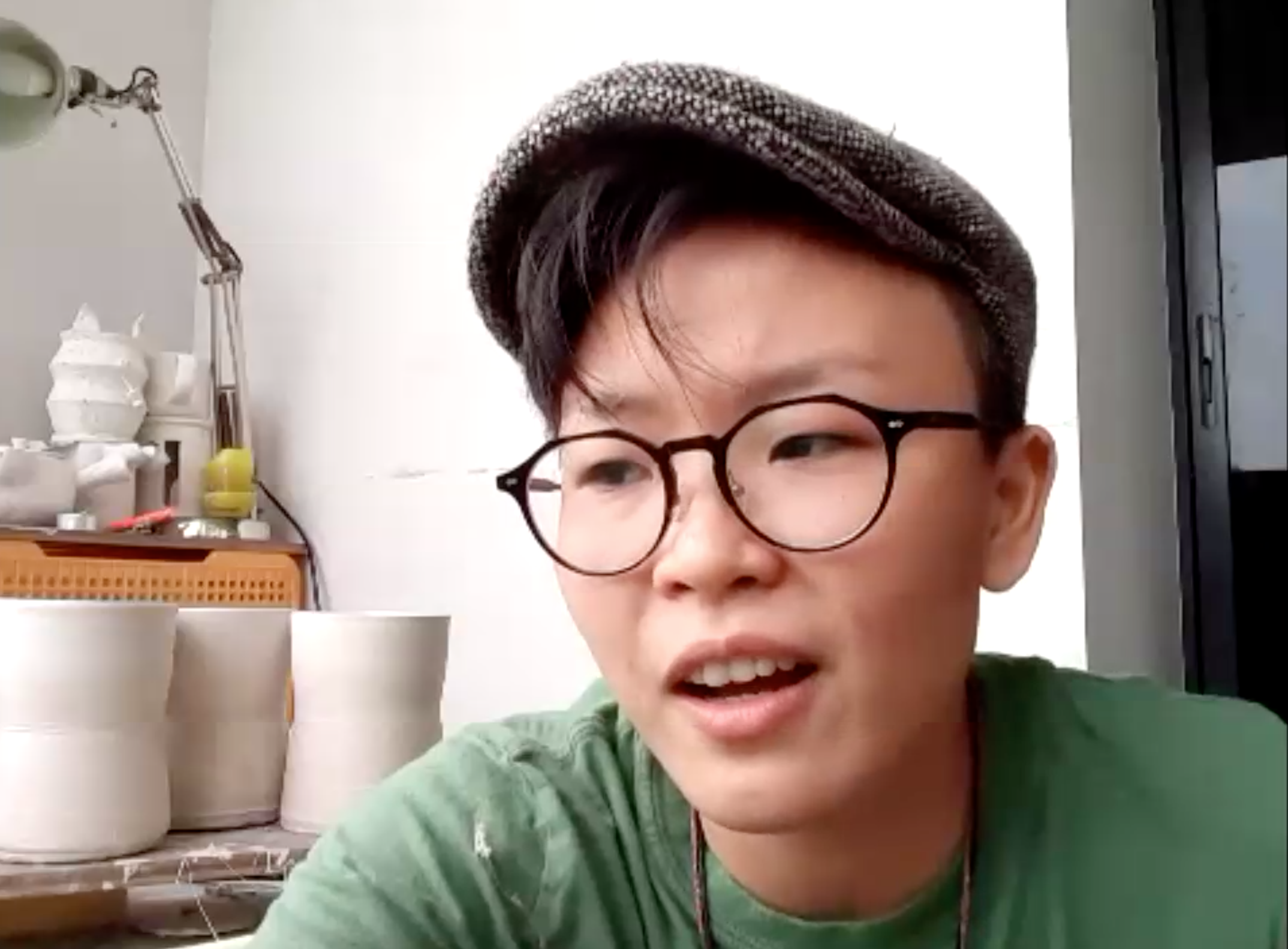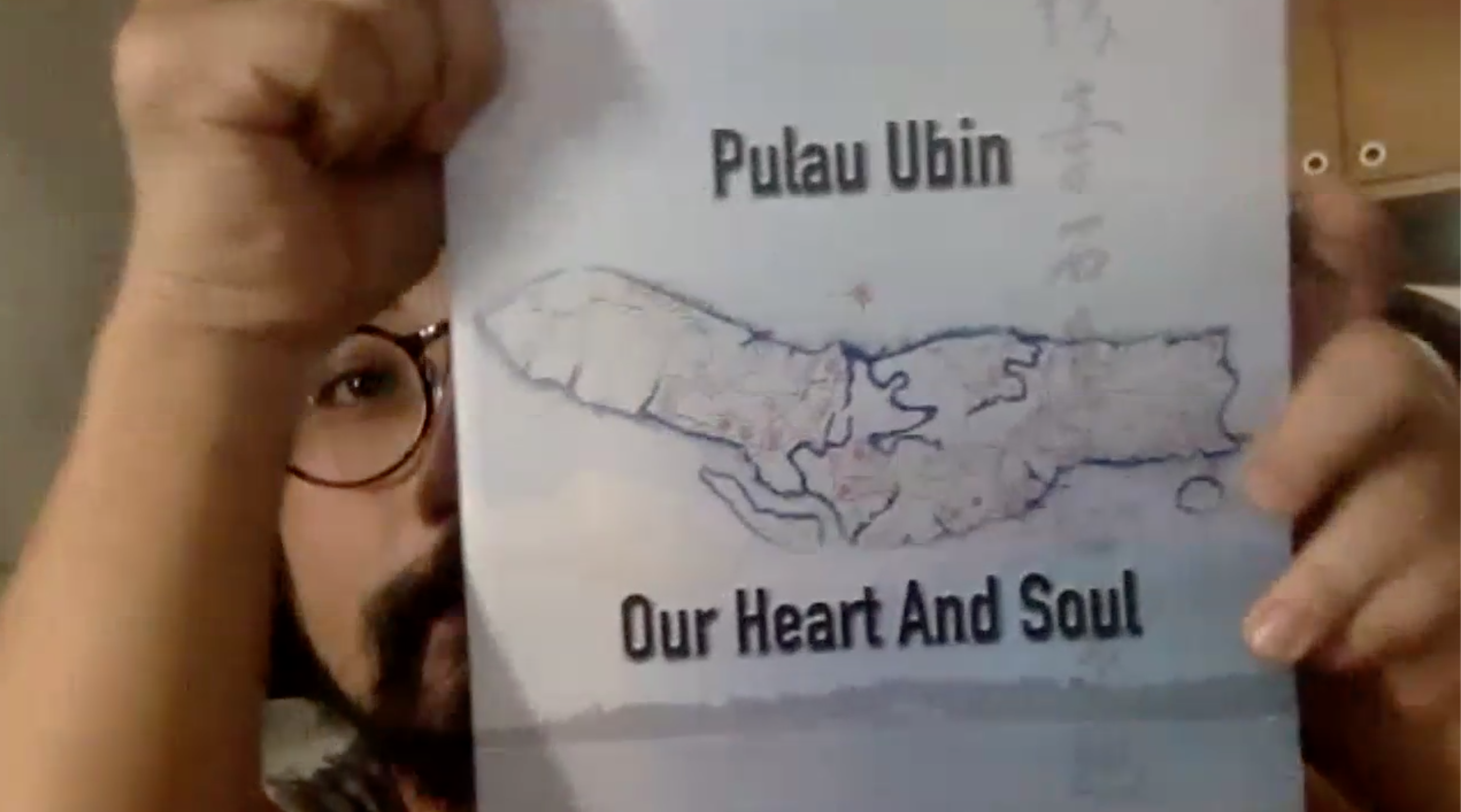
Global Asia Study Mission (GA305) is an immersive study mission course designed to provide students from all across the Singapore Management University (SMU) with the opportunity to take an in-depth and interdisciplinary look at an issue or topic that is pertinent to contemporary Asian societies. The rigorous yet fun course is offered once a year, and each time it focuses on a different issue, set in a particular Asian country.
This year, the class was meant to head to the island of Bali in Indonesia for nine days in May to explore the social, cultural, economic, and environmental impacts of over-development and mass-tourism. Their schedule was jam pack and involved visiting various local social entrepreneurship, heritage preservation, and environmental conservation projects across the island, as well as having fun activities such as traditional cooking classes, hiking on rice terraces, and snorkelling off the coast of northern Bali while looking at coral reef restoration projects.
At the end of the course, students would have had more insights into the complex social and environmental issues brought about by mass tourism and over-development and the students would have been tested on their skills in ethnographic data collection and analysis.
However, the Covid-19 pandemic hit in early January when the programme was already into Week 4 of the term and all arrangements to Bali had already been made. Nonetheless, the schools made contingency plans in case the class could not travel. Alas, the situation got worse, and all overseas study trips were to be cancelled.
Speaking of her experiences of coordinating the course in the midst of a pandemic, Assistant Professor Charlotte Setijadi from SMU’s School of Social Sciences (SOSS) said, “As the course coordinator, it was quite a challenging time since I had to quickly think on my feet and figure out an alternative plan for an overseas fieldwork at a time when we were not allowed to go overseas to do fieldwork. It was also challenging for the students because of all the uncertainty, combined with the disappointment of not being able to go on a trip that they had been so looking forward to. Luckily all the students were so understanding, positive, and patient when we had to put in place the Plan B, which was to shift the focus of the course towards Singapore, and then to Plan C after the circuit-breaker measures were introduced!”
Plan B was to keep the themes of the course – the social and environmental impacts of development – but shifting the focus to Singapore instead of Bali. The whole point of the course was to show that, while the case studies are specific (for this year it is Bali), the same problems faced by different societies as they embrace modernity and development are essentially the same, albeit at different scales and in with different manifestations. So the issues that the class would have encountered in Bali, such as the loss of traditional livelihoods, changing family structures, loss of cultural heritage, and environmental degradation in the process of development, could also be seen right here in Singapore.
Assistant Prof Setijadi then put together a new Singapore-based itinerary which would have involved visiting sites such as the Bukit Brown cemetery, the Dragon Kilns in Jurong, and Pulau Ubin. These are Singaporean sites that, over the years, have suffered the consequences for Singapore’s continuing quest for modernity and infrastructure development. She adds, “We also would have spoken to community leaders and local grassroots conservation groups such as the community group (they calls themselves the ‘Brownies’) who gives free tours of the Bukit Brown cemetery every week in order to ensure that Bukit Brown’s important history is not forgotten in Singapore. The students then would have had to write a fieldwork report and a reflection paper about the challenges that they see in the quest to balance development and local heritage conservation in Singapore.”
When the circuit breaker was announced in late March, the class resorted to Plan C, which was having students do alternative assessments from home. She said, “I was determined to still give students assessments that they would still be meaningful for them and related to the course materials that we had been covering all term so that it wouldn’t be a waste. I got the students to do group research essays about ‘vanishing’ aspect of Singaporean society (e.g. disappearing traditional occupations, cultures, environmental landscapes, etc.), and local grassroots efforts to conserve them. This kind of research can be done online using ample secondary materials. Since one of the focuses of the course was to train the students in ethnographic research techniques (e.g. interviews and observations), I also wanted to show them that you can still do good ethnography, even from home with the technology we now have available to us.”
The students interviewed their family members, friends, or whomever was available to them during the circuit breaker to talk about aspects of Singaporean society (e.g. landscapes, education, housing, etc.) that have changed over time, and discuss how changes that are experienced at the individual and everyday levels reflect Singapore’s development as a country. Assistant Prof Setijadi also invited some community leaders and activists such as Ms Michelle Lim from Mudrock Ceramics who helped champion the preservation of Singapore’s last dragon kilns and Mr Terence Tan, an artist who works with Pulau Ubin’s remaining kampong community to preserve their heritage and Mr Fabian Tee, a lawyer and community activist from the Bukit Brown ‘Brownies’ group, to talk to share their experiences and motivations for local heritage preservation via WebEx.


Said Assistant Prof Setijadi when reflecting post-programme, “It seemed that everything that could go wrong, did! However, amidst the challenges, it has also been a very hopeful and rewarding term where I witnessed students’ resilience, good spirits, and ingenuity, even when their access to resources were restricted. In terms of learning, the essence of what we try to teach in social sciences and humanities is that structural issues exist at both macro and micro levels, and that individual and collective experiences are always interlinked. This term, I believe that the students ended up seeing and experiencing these in a very real and unexpected way. They saw that challenges to do with balancing development and tradition exist in Bali, Singapore, and everywhere. They also saw that individual voices matter in the shaping of collective culture, may it be in the form of local grassroots activists who try to preserve heritage sites, or their own family members whose individual stories form part of the greater narrative of Singapore’s nation-building. The main take away from all these experiences this term for me is this: unexpected things happen, even when you have the best laid plans, but opportunities to learn is everywhere, even when you’re stuck at home.”
Indeed, the course has been very well-received and the class has learnt a lot about our cultural heritage. Said Shalom Tan Hui Xian (Year 3, SOSS), “Personally, it’s about perspective, a cancelled trip does not equate to less learning but just a different form of learning experience. Learning does not cease in Singapore, or even at home. At the end of the day, I discover that we are our learning catalyst.” Added Danawa Roslee (Year 2, SOSS), “A key take-away I've learnt from this course is that there is a growing number of local initiatives advocating for the preservation of lesser-known aspects of Singapore culture and history. It is very interesting to learn about how they engage with the state in their advocacy, showing how there is greater dialogue and participation between the government and civil society in creating the Singapore narrative as we move forward to the future.”

Despite all the challenges, the students did well and produced rich and well-researched reports and oral history fieldnotes, all conducted during circuit breaker. Some of the essay topics on local efforts to preserve Singapore’s heritage that the students wrote about include the ‘vanishing’ Kristang language, traditional ‘pasar malam’ (night market), environmental preservation of Bidadari Park, the Chetti Melaka culture, and small ‘Mamak shops’ (a convenience store or sundry shop that is often located under a high-rise apartment block built by the Housing and Development Board).